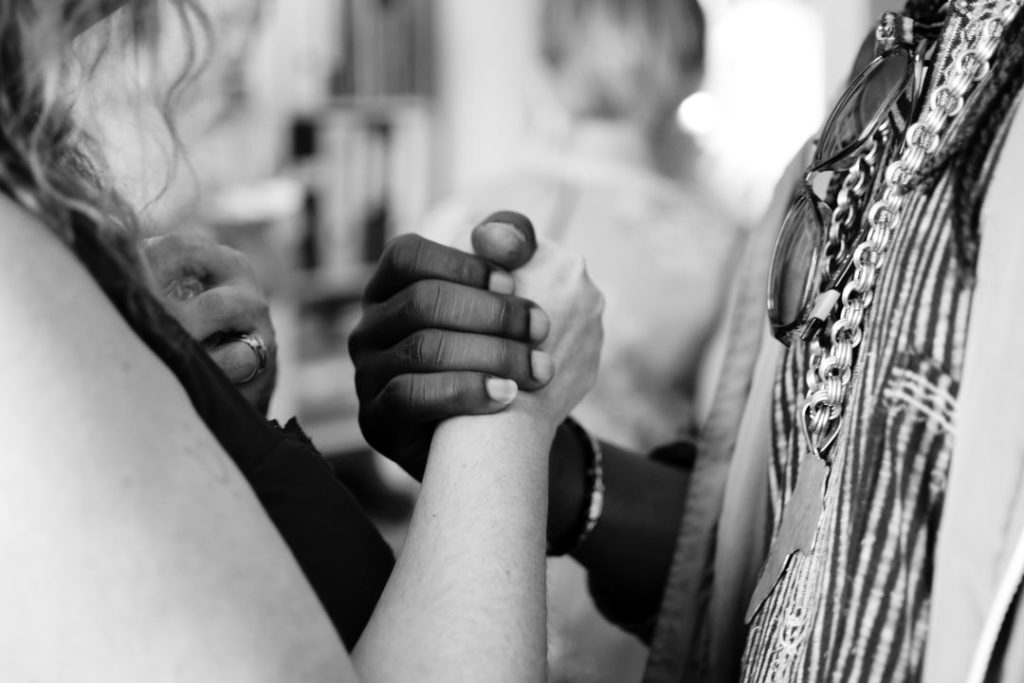During the treatment process, you develop various important skills to help with your progression in recovery. In a treatment center, you have had opportunities to work on these skills with mental health professionals and your peers. Transitioning the use of these skills into your daily life after treatment can be a difficult adjustment, but there are some essential things you can do to ease your way into your next phase of life.
When utilizing these skills in your everyday life, one thing you may notice is that not everybody in the outside world is trained to use them. Some people you interact with may not have the life skills you have learned in treatment or respond to you in the same way others did while you were in a rehab facility. This disconnection may leave you feeling frustrated or isolated. You may have to adjust how you use your newfound life skills to transfer them into your day-to-day life. Also, understanding that people have different communication styles can help you engage in conversation and build community in your post-treatment life, even with people who don’t respond the way you expect.
Here are some tips on using your newfound life skills after treatment.
Express Empathy
Expressing empathy is a skill that can help you communicate with people in the outside world. Taking the time to listen and understand another person’s point of view will strengthen your ability to communicate. Think about how you would like somebody to respond in a situation and provide that response to the people you engage with. Providing empathy to others can establish a connection between people. This connection can potentially lead to a friendship or another beneficial relationship.
What Works for You?
You are constantly on your journey of self-discovery. Recall the skills and coping mechanisms that worked well for you during the treatment process. When you feel overwhelmed, allow those skills to help you ground yourself. Focus on the things that have helped you overcome hard times in the past and use those coping skills again through this transitional phase.
When using your skills in your everyday life, you may discover new skills and habits that contribute to your success. Pay attention to what works for you and what is no longer working. Allow adjustments in your skill practice to work toward constant improvement. Let yourself experience new techniques and find what works best for specific situations.
Reflect on Your Situations
Spending the time to reflect on situations when you put your newfound skills to use is one of the best ways to improve them. Observing a past situation and processing what you did well reinforces your positive actions. Considering what you could have done differently will help you move forward appropriately in the future. Be careful not to get discouraged or frustrated, though. Instead, observe the actions you would have done differently and use them as a learning opportunity.
You have had a great deal of practice using these skills during your time in treatment, but the work is not over. It is essential to continue to use these skills in everyday situations that are applicable and continue to learn and grow. After conscious practice of these skills, they will become a natural response for you. Using skills that have positively affected you in the past can continue to bring positive attributes into your new life.
Communicate Your Needs
If you find yourself struggling to adapt your skills into your newfound life, allow yourself to be honest about that. If you are unsure how to react while engaging with a friend, let them know that you are still working on developing your social skills and are unsure of the best way to respond. Rely on your support system to provide you with feedback, suggestions, and the chance to practice. Observe the actions of others and notice common approaches that work well with your support system and other members of society.
It is okay to feel that you need extra support while transitioning the skills you learned in treatment into your newfound life. Communicate with your support system and inform them of ways they can contribute to your success. Don’t be afraid to ask for help or to ask for suggestions on how to transfer some of your newly developed skills into your daily life. As these skills can be applied to many different life circumstances, it may be challenging for you to know exactly when to utilize them. Seeking advice from others can help you envision different ways to use these skills in future situations.
In your day-to-day life, using the newfound life skills you learned during the treatment period can be difficult for many people. You may find that various skills you have obtained do not transition to your everyday life as easily as anticipated. However, it may just be that you need to adjust how you use these skills to fit particular circumstances. At Dream Recovery, we help you gain the tools and coping skills you need to create change in your life. We treat our clients holistically and create an individualized treatment program for each client. Our goal is to work with you to ensure you have a lasting recovery. For any questions you may have about how to transfer the important skills you learned during treatment into your post-treatment life, call Dream Recovery today at (949) 732-1960. We are here to support your recovery 24/7.

